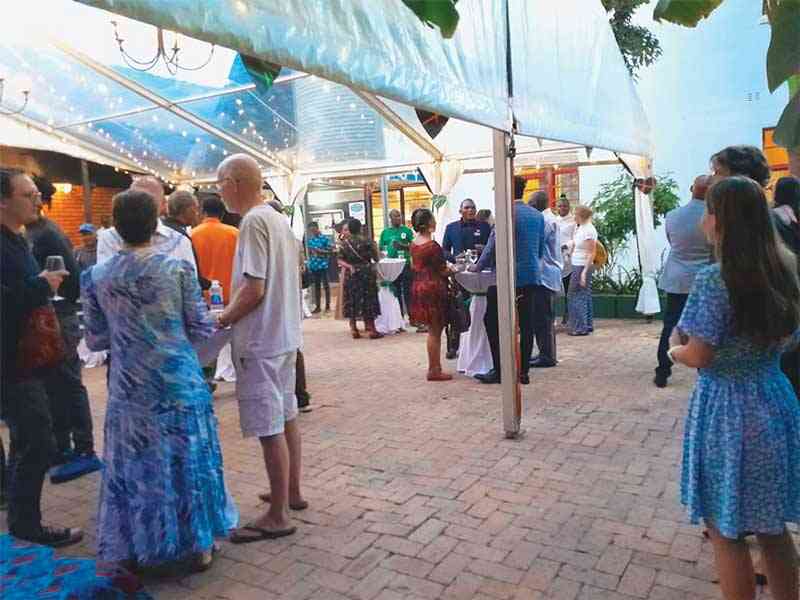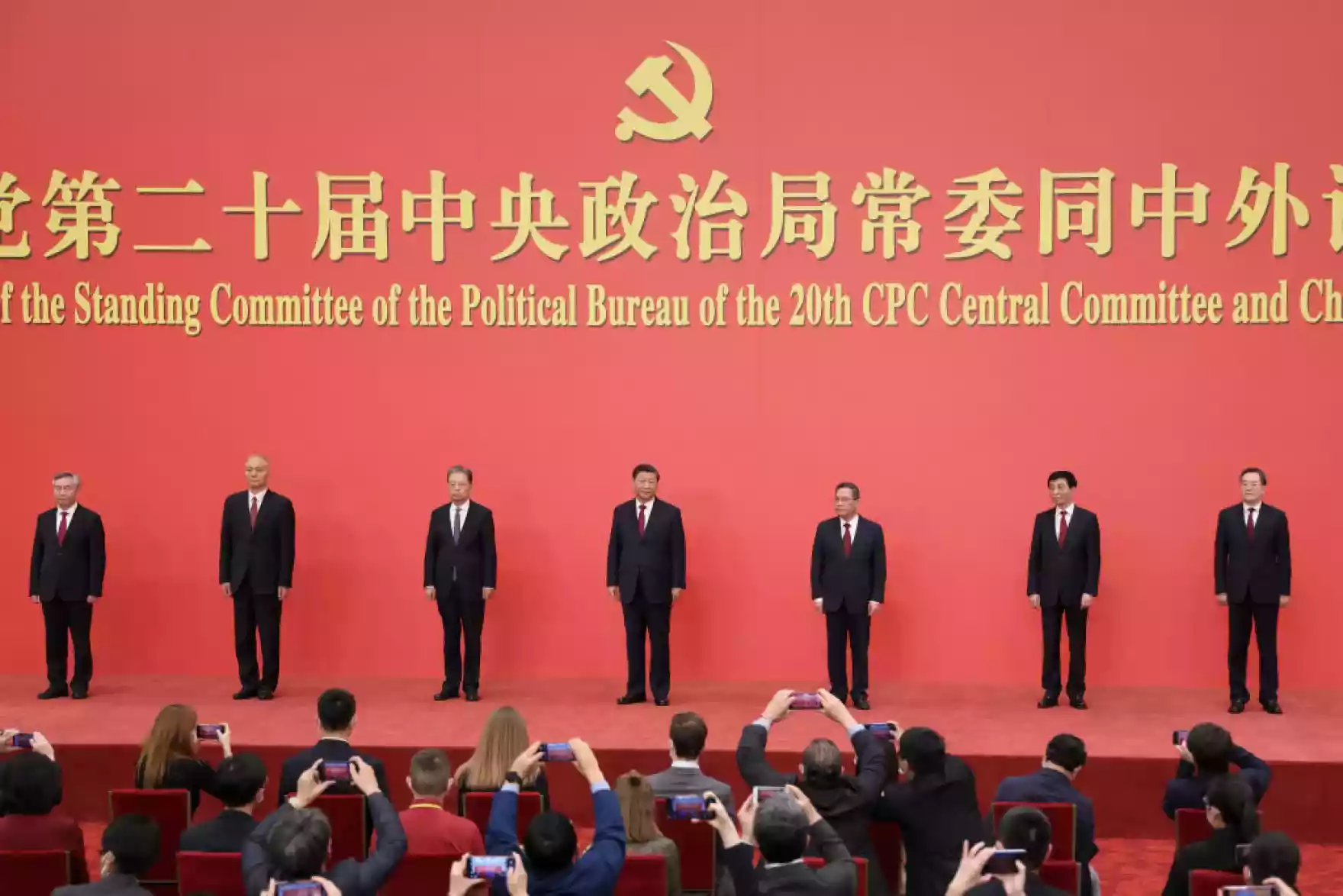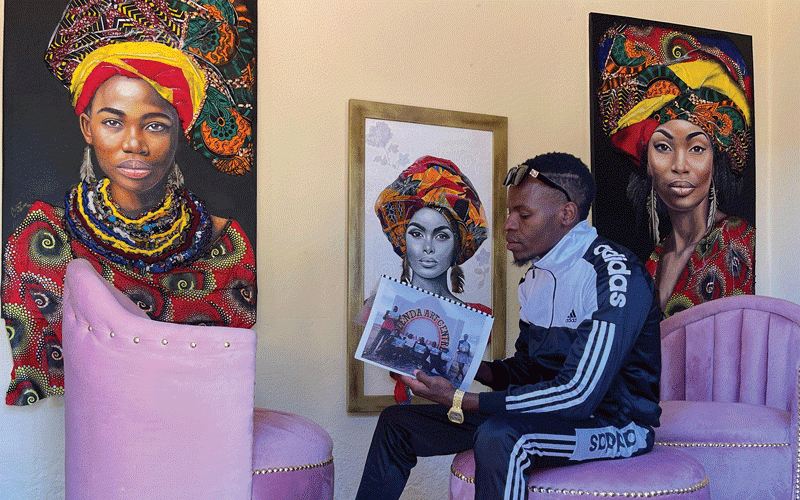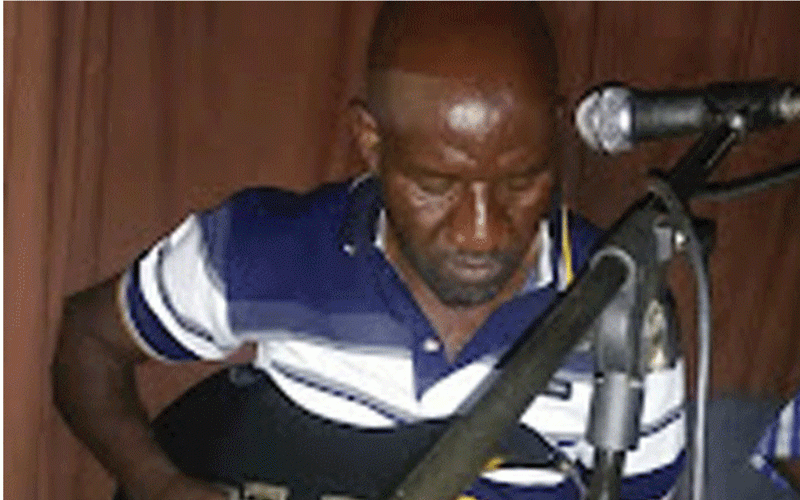
EUROPEAN Union (EU) ambassador to Zimbabwe, Jobst Von Kirchmann has hailed renowned local novelist and filmmaker Tsitsi Dangarembga for hosting the International Images Film Festival (IIFF) for the past 20 years.
Dangarembga is the director of the Institute of Creative Arts for Progress in Africa which hosts the festival.
This year’s edition of the IIFF began on Tuesday with the screening of Guinea’s film titled Nome. The festival will run until tomorrow at different venues in the capital.
The annual festival is an exhibition platform for films that portray a woman in at least one major role, thus providing role modelling for African women who observe their counterparts taking part in film and impacting positively on their own lives and communities.
As the festival commenced, audiences at Batanai Gardens in the city centre watched films such as Xale and Through the Night while Dzivarasekwa Community Hall hosted several short films which include Born Different (Nigeria, 2020), Entirety: One’s Fulfilment (India, 2023) and Gushungo (Zimbabwe, 2023) others.
“Film has the unique power to entertain, educate, unite and influence, thereby reshaping culture. A prime example is the Zimbabwean film Neria from the early 90s, written by Tsitsi Dangarembga, the founder of this festival,” Emile Mabita said speaking on behalf of Kirchmann.
“The multi-award-winning film Neria positively impacted several African governments to spearhead gender equality and diverse human rights campaigns for the betterment of women and men.”
Mabita added: “The narrative unfolds as a married woman, grappling with the tragic loss of her husband, becomes the victim of the deliberate perversion of traditional customs for personal gain within her husband’s family.
- Good draw, but same problems . . .
- Good draw, but same problems . . .
- Lady Chevrons ICC Women's T20 WC qualifier schedule confirmed
- Women cricket captain upbeat of WC qualifier
Keep Reading
“In the name of patriarchal tradition, the husband’s brother takes all of her property as inheritance leaving her and the children with nothing. They did not give her time to mourn her husband.
“This was the story of the majority of customarily married women in Zimbabwe during that time. The poignant film triggered discussions on Zimbabwe’s inheritance laws and resulted in change. This is a Zimbabwean film, which demonstrates the power of film to positively impact society.”
Speaking during the question-and-answer segment, Nome director Sana Na N’handa revealed that it took him six years to finalise the production ahead of its release last year.
“The film was released in May 2023. The story took place in Guinea-Bissau in 1969, during the war of independence between the Portuguese colonial army and the guerrillas of the African Party for the Independence of Guinea.
“The protagonist, Nome, leaves his village and joins the ranks of the guerrillas. After years of struggle, he returns to his village as a hero. However, the initial joy soon gives way to bitterness and cynicism,” he said.
Alliance Francaise director Fanny Gauthier described the film Nome as a highly exploratory and restoring instrument for culturally-oriented economic, social and political transformation.
“The story has been told in an entertaining way which brings people into conversations. This makes us appreciate film as a vital medium for entertainment and communication,” Gauthier said.
The president of the IIFF film competition jury, Souad Houssein, said the role of women in the liberation struggle and economic independence was being forgotten and compromised.
Houssein blamed lack of funding for women films. She said women needed to tell their own stories, adding that many African leaders were vulnerable to corruption due to lack of sound governance policies and effective communication on gender issues and therefore losing focus on the gains of their independence.
Dangarembga expressed appreciation to the festival funders and pleaded with them to pour in more resources on time in order to make adequate preparations for next year’s edition.
Curtains on the IIFF festival, which has a jam-packed programme of film screening and masterclasses, will come down tomorrow with the screening of the Last Queen which was directed by Adila Bendimerad. This will be followed by an awards ceremony set for the United States ambassador‘s residence in Harare.










